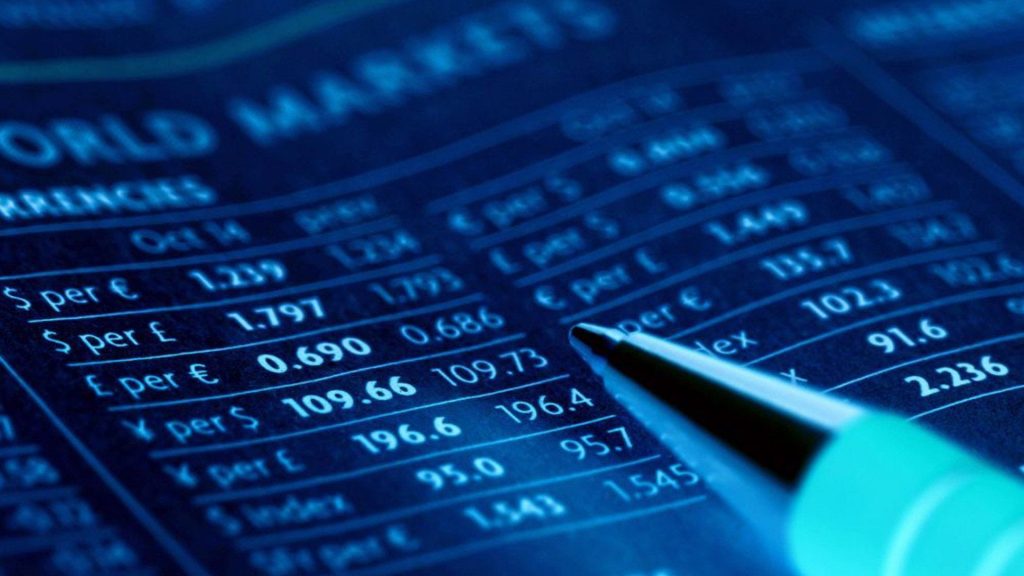The world of cryptocurrencies has been dominated by speculation, short-term token trading and, unfortunately, fraud. Decentralized Finance (DeFi) has nonetheless showcased the true potential of public blockchains, which hold the potential to revolutionize the global economy by making it more transparent, accessible, and efficient, in what is a revolutionary evolution from traditional crowdfunding to advanced forms of capital raising and optimization.
The Current State of Decentralized Finance
DeFi applications operate without human intermediation, are auditable in real-time, and can be seamlessly integrated into other blockchain applications. They offer atomic settlement for digital assets, transparency, user control, reduced costs, and composability (the ability to create new services by combining existing software applications).
But despite these remarkable properties, DeFi is currently a circular economy with little connection to the existing global economy of traditional businesses and services. The rapid growth of DeFi is largely connected to the rise of capital rotation games and unsustainable yields fueled by inflationary token rewards.
Traditionally, DeFi protocols have used cryptocurrencies (like Ether, Bitcoin, etc.) as collateral to issue loans, create derivatives, and establish stablecoins. However, this limits the scale and scope of DeFi, since it only allows for the monetization of cryptocurrencies, which due to the lack of specific regulation, are bound to remain a relatively small market compared to the vastness of real-world assets (which according to the World Economic Forum, has a total value of about $870 trillion).

The Potential of Real-World Asset Tokenization
Since the DeFI world has been confined to the use of cryptocurrencies, assets from the traditional economy are known in Decentralized FInance as "Real-World Assets" (RWAs). One key way to unlock the true potential of DeFi is through the tokenization of real-world assets, a process that could potentially disrupt trillion dollar markets, like equity, real estate or debt markets. In this context, RWA refers to the integration of real-world assets, like real estate, debt, or intellectual property into blockchain networks.
RWA integration into DeFi means that real-world assets can be tokenized, creating a representation of the asset on the blockchain. These tokenized real-world assets (TRWAs) can then be used as collateral within DeFi protocols, enabling individuals and entities to access liquidity without having to sell off their actual assets.
In the long term, once DeFi regulation has been fully developed, a property owner should be able to tokenize their real estate and use it as collateral to borrow money in a DeFi protocol. The tokenized real estate would then serve as a form of assurance to the lender, and if the borrower defaults, the lender could claim the tokenized asset.
There are companies in the DeFi world who are taking decisive steps towards integrating Real World Assets into Decentralized Finance, such as MakerDAO, Ondo Finance, Backed, Maple Finance, Centrifuge, and Goldfinch.
Enter the new tokenized economy
Token City is the ultimate bridge to the tokenized economy (tEconomy), in which tokenized companies (tEnterprises) create their cryptoasset markets (tMarkets), open to global investors (tCitizens).

